Feeling included in the sport and physical activity sector
We know that it doesn’t always feel like there’s a place for everyone in the world of sport and physical activity, but we want to change that. No matter who you are, there is a role for you in our sector. To show you what that might look like, we’re offering guidance on the opportunities available to people from disadvantaged groups.
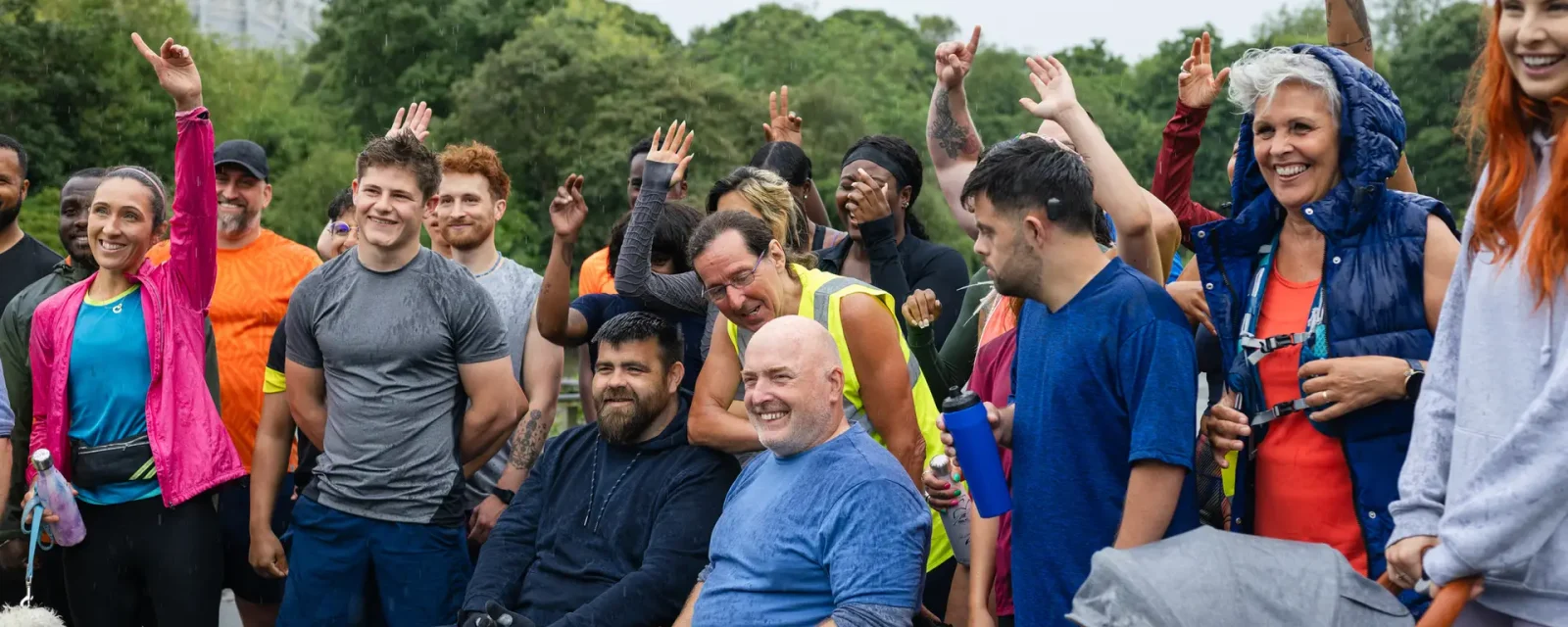
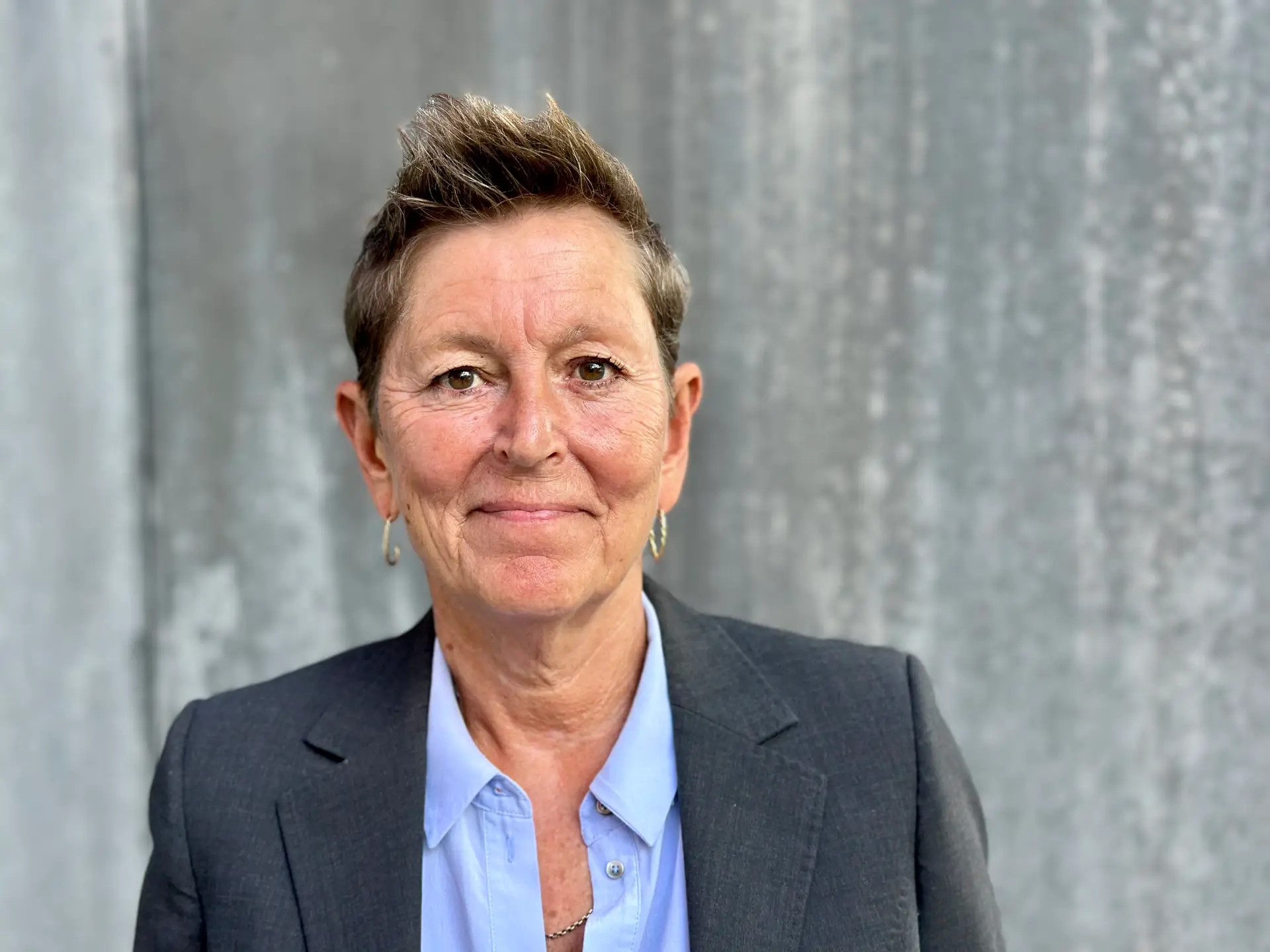
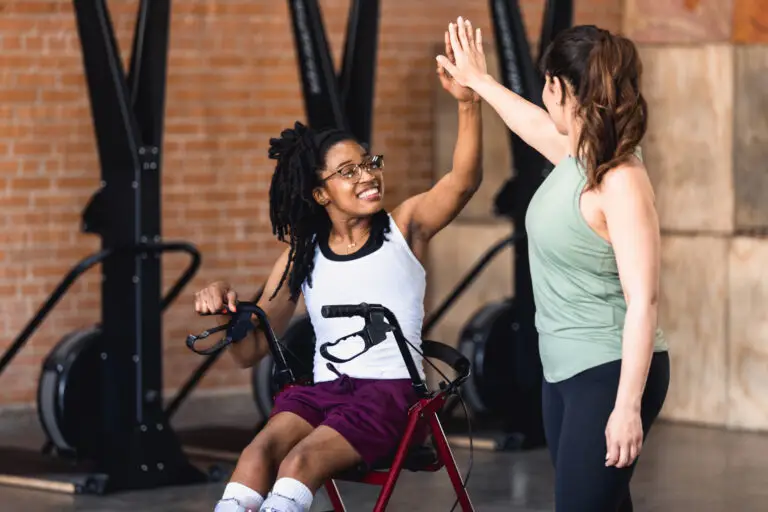
Disability
Becoming a sport and physical activity professional when you have a disability can open up a wide range of opportunities. Alongside general roles in the sector, you could specialise in working with clients with similar disabilities to your own and help to increase the self-confidence of a range of individuals. You can also contribute to increasing the inclusivity of sport and physical activity services with your understanding of alternative technologies and adapted exercise.
With many sport and physical activity roles offering flexibility in terms of hours, work in the sector can fit well for those who have additional healthcare needs and must prioritise medical appointments. Increasing numbers of gyms and leisure facilities are also ensuring that they are accessible spaces, so it’s easy to find a place of work that matches your needs.
Resources
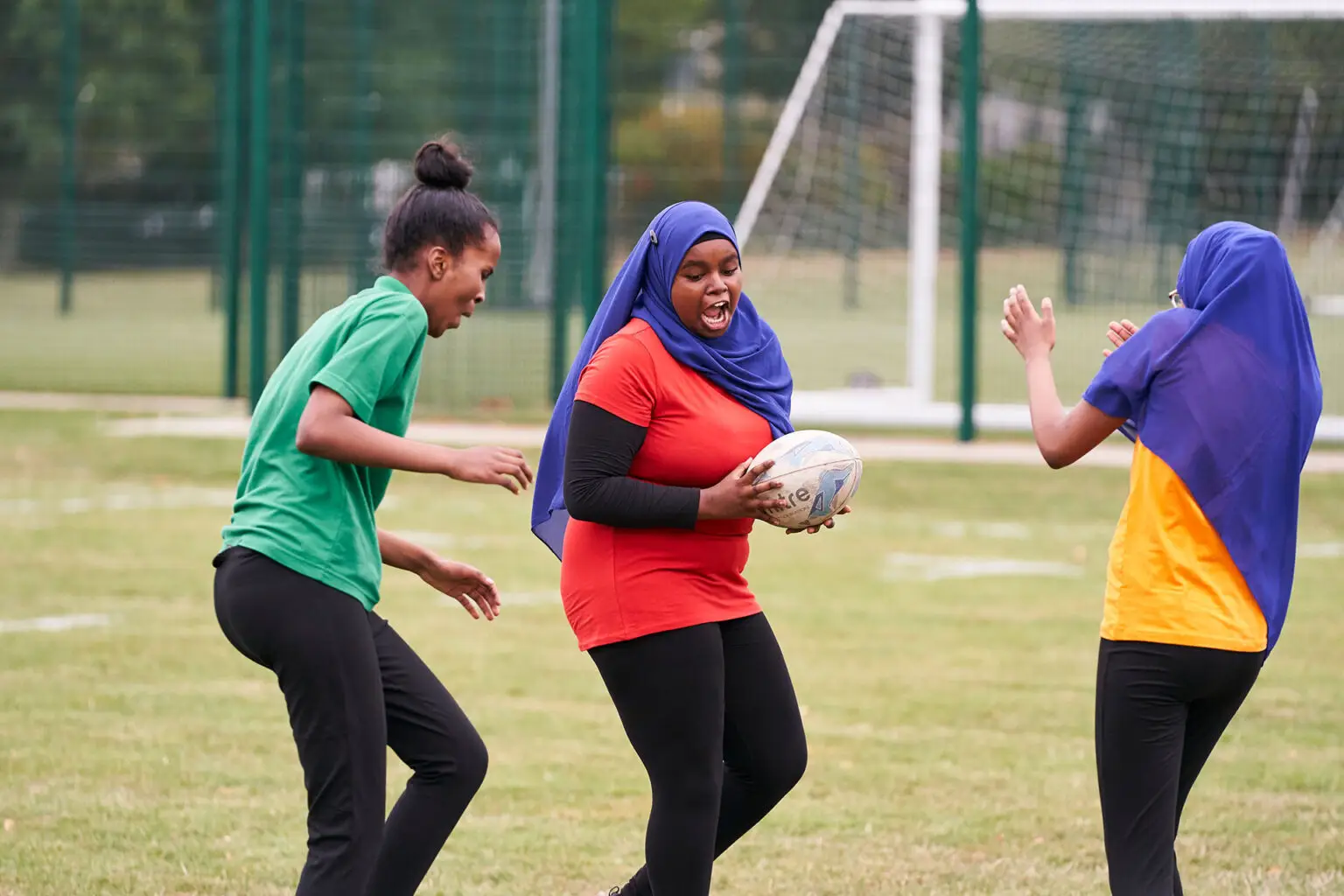
Ethnic diversity
Although the sport and physical activity sector workforce in the UK is currently disproportionately white, companies are realising that having a diverse workforce better equips them to understand and serve diverse customer bases. This can enhance their reputation among potential customers, partners and employees and offers members of ethnic minority communities opportunities to make an impact through a career in the sector.
Whether you are interested in coaching football, teaching swimming or working in management, there are plenty of options for joining the sector and finding a fulfilling career.
There are also many opportunities to work within organisations that specifically focus on helping more BAME communities to participate in sport and physical activity, allowing you to connect directly with the people who need to see representation in the workforce the most.
Resources
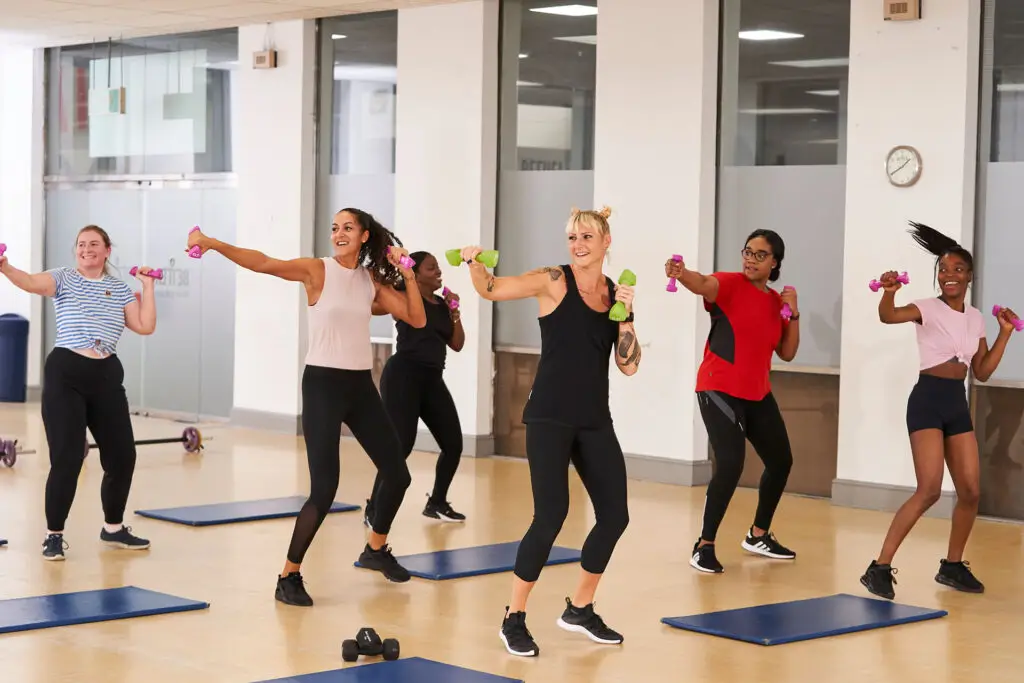
Gender
Although the sport and physical activity sector is traditionally male dominated, there are plenty of opportunities for women to join the workforce and become positive role models for female participants.
Alongside a wide range of roles that cater for all interests, increasing numbers of women-only gyms and activity sessions offer female professionals a unique niche in sport and physical activity. There are also plenty of CIMSPA-endorsed training opportunities to help you learn more about the specific needs of active women and how best to support them, enabling you to provide an in-demand specialised service.
You can also join a community of like-minded women working in the sector to find support, professional development and opportunities to connect. The Women’s Sport Collective is a great national example of this, but there are local and industry-specific groups and initiatives to join, too.
Resources
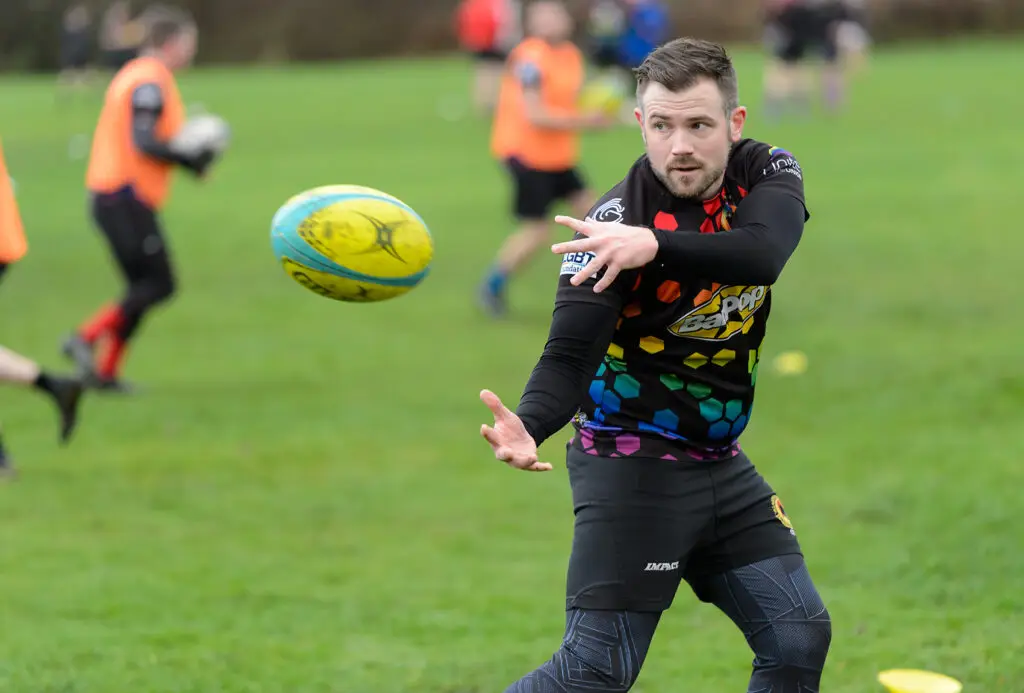
LGBTQIA+
While there has been major progress in making the sector inclusive of all sexual orientations and genders over recent decades, more needs to be done to support all members of the LGBTQ+ community in participating in and finding work in sport and physical activity.
This work is taking place and led by excellent organisations across the UK to ensure that everyone can be their authentic selves in the sport and physical activity sector. You can be part of that change by joining the sector, being the representation or providing the safe inclusive space LGBTQ+ participants need to thrive.
Among the available opportunities are sport clubs, gyms and activity sessions aimed specifically at LGBT+ people. While there are plenty of roles available with inclusive employers across the sector, you can be part of growing the services catered directly to your community by offering specialised classes or spaces that support those who need it most.
Resources
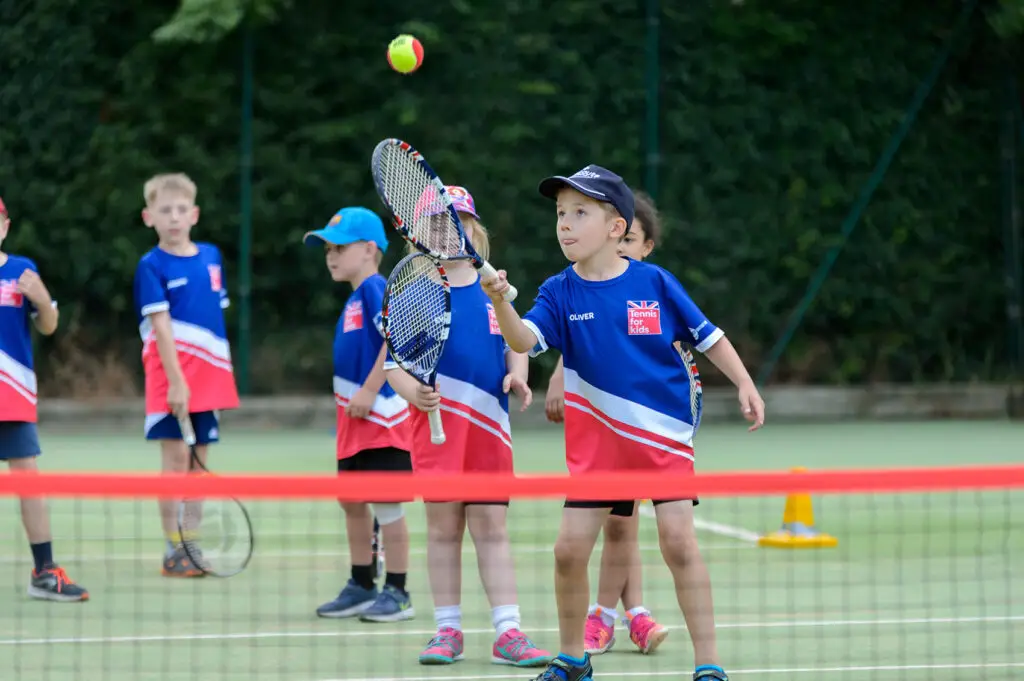
Economic disadvantage
Studies have shown that socioeconomic factors significantly influence physical activity levels, and people from lower-income areas are less likely to be active. We also know that often economic inactivity is linked to physical inactivity.
The key to changing this is having relatable role models in sport and physical activity spaces that understand the challenges that people face. With hundreds of initiatives across the country aiming to work within economically deprived communities to improve active wellbeing, there are fantastic opportunities for those who have struggled with the same issues to find work in their local area and make a real impact.
We understand that financial challenges can form a barrier to starting any career, which is why we offer free CPD and discounted qualifications with CIMSPA membership. Choose from CIMSPA’s own resources, our education partners’ endorsed courses as well as UK Coaching and FitPro learning opportunities. You can also gain discounted entry to sector events to help you connect with employers and your peers.
If you are interested in starting a new sport and physical activity project, there is also a range of funding you can access to that can make the difference to your career and economically disadvantaged communities.
Resources
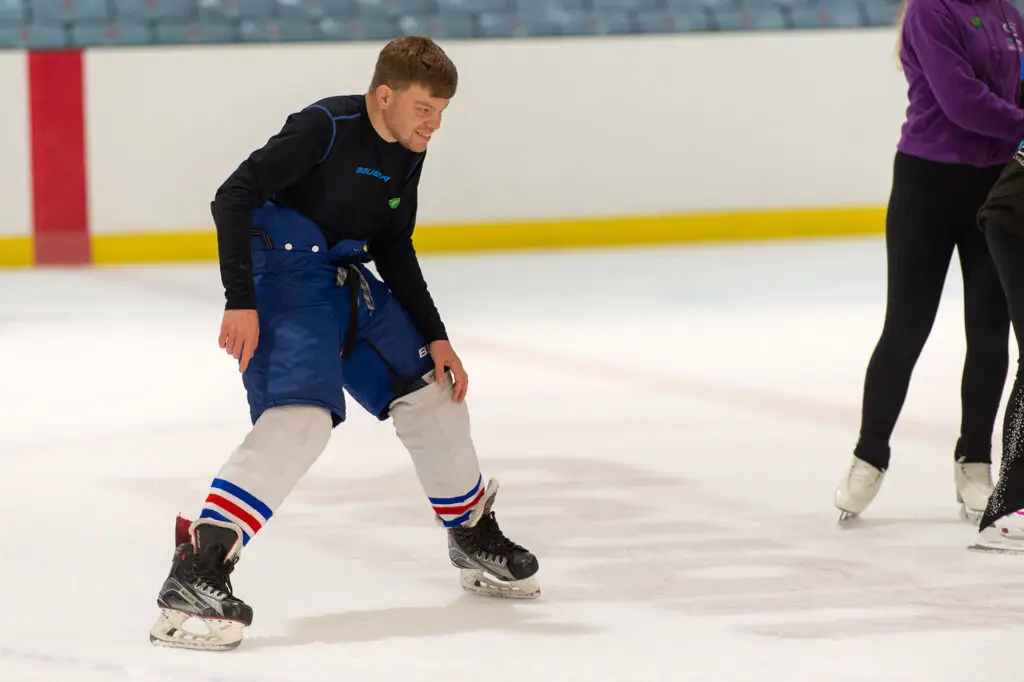
Neurodiversity
Research has shown that physical activity, including sport, can have positive effects on individuals with neurodiverse conditions such as autism or ADHD, helping with focus, social skills and overall wellbeing.
As a result, there is a growing interest in making the sector more inclusive, with programmes and organisations aiming to support neurodiverse people in both participation and employment.
As a professional, certain roles in the sector such as coaching, personal training and group exercise instruction can offer flexibility in how work is structured – perfect if you thrive in less rigid or traditional work environments.